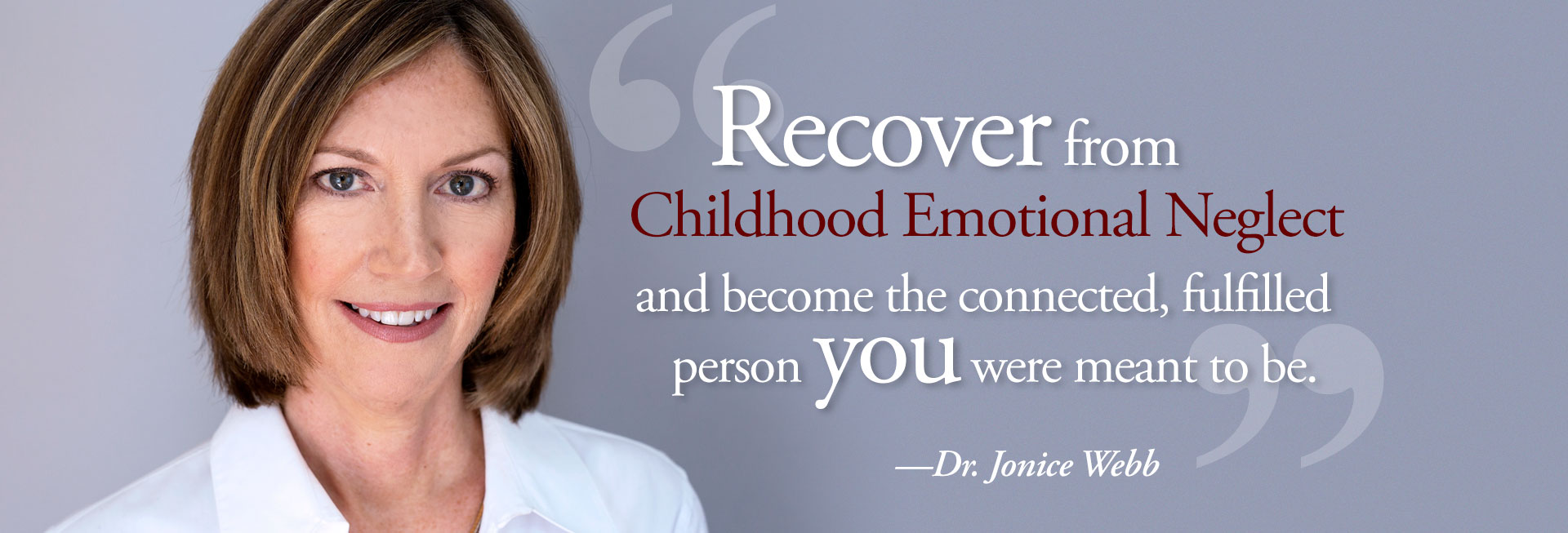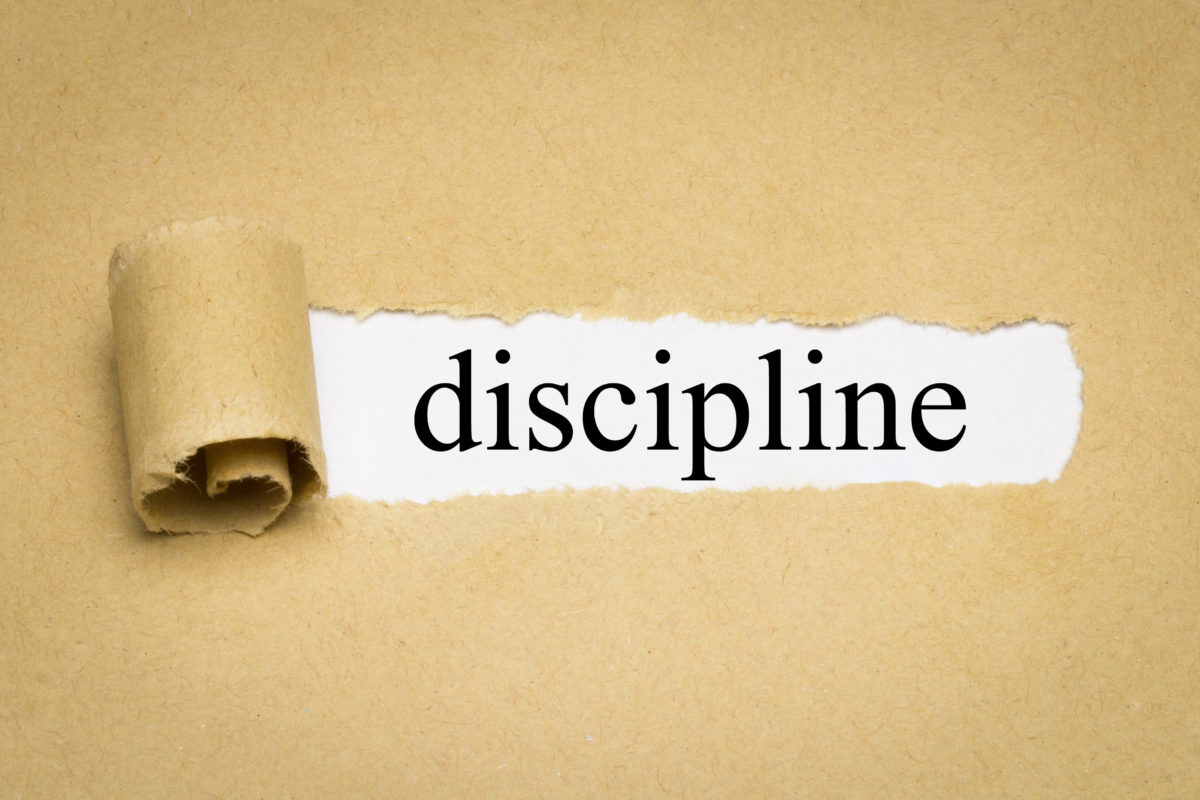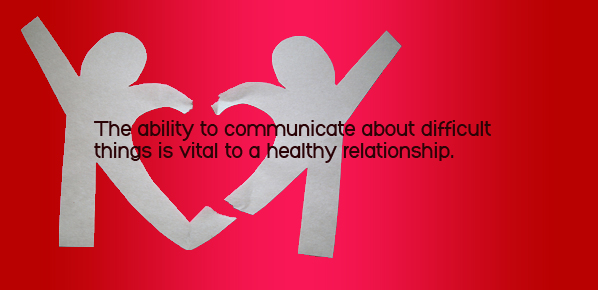The Seven False Beliefs About Relationships

The Seven False Beliefs About Relationships
People who grew up in households with low tolerance for emotion tend to carry particular beliefs about emotions in relationships into their adulthoods. Below is a good, but not exhaustive, sampling of beliefs that I’ve heard many emotionally neglected people say. Please read through these seven beliefs, and put a mental check-mark next to the ones that you feel are true.
1. Sharing your feelings or troubles with others will make them feel burdened.
2. Sharing your feelings or troubles with others will chase them away.
3. If you let other people see how you feel, they will use it against you.
4. Sharing your feelings with others will make you look weak.
5. Letting others see your weaknesses puts you at a disadvantage.
6. It’s best not to fight if you want to have a good relationship.
7. Talking about a problem isn’t helpful. Only action solves a problem.
When you grow up receiving consistent direct or indirect messages, no matter how subtle, that you should keep your feelings to yourself (Childhood Emotional Neglect), it is natural to assume that your feelings are burdensome and undesirable to others. But the reality is that feelings and emotions are the glue that binds people together. Sharing feelings or troubles with a friend draws them closer and makes you seem stronger. Fighting out a conflict with someone you care about, when done right, is the best way to get through to the other side of that conflict. And talking about a problem has been proven to help people feel better.
Fortunately, not one of the above Seven Beliefs is true. In fact, they are each and every one dead wrong. Subscribing to any one of these false beliefs can set you at a disadvantage in friendships and relationships of all kinds. They will each and every one hold you back from making healthy, solid and meaningful connections with people; whether it be girlfriend, boyfriend, spouse, sibling, family or friend.
If you put a mental checkmark next to any one of the Seven Beliefs, it may mean that you were emotionally neglected, in some way, in childhood. If that is the case, it will be vital for you to figure out how you were emotionally neglected so that you can overcome it. Read more about Emotional Neglect: what it is, how it works, how it affects people and how to overcome it throughout this website. Much more information on Emotional Neglect can be found in my book, Running on Empty: Overcome Your Childhood Emotional Neglect, at Amazon, or your local bookstore. The Kindle version is also available Here.
If you feel you need more help in dealing with this, I hope you will contact a qualified psychologist or psychotherapist to help you attack your false beliefs. If you don’t they may hold you back in every area of your life, but especially in your relationships with the people you care about the most.
To learn more about Childhood Emotional Neglect, see my first book Running on Empty.









